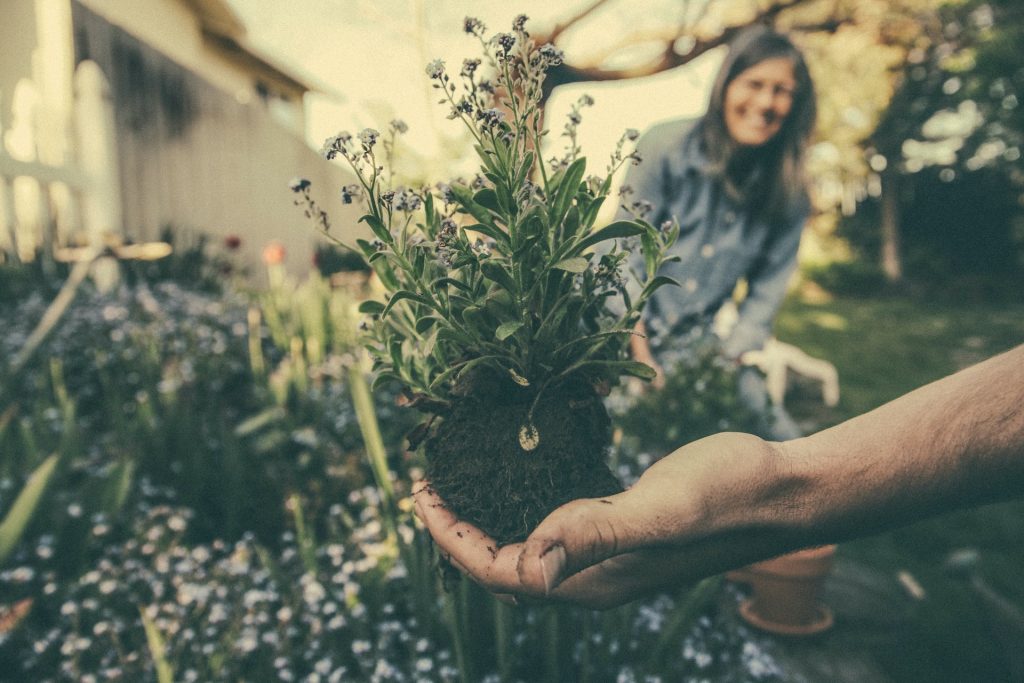It’s Global Parent’s Day! As parents, this day and week is a good reminder to take time for some self-care. In our previous post we talked about the importance of self-care in four areas of our life: Physically, Emotionally, Spiritually, and Mentally. If you’re not sure where to start, here are some great ideas you might find useful. Remember, these are just ideas and self-care looks different for everyone. It’s important that you choose what suits you and make time for it not just this week, but as part of your regular weekly routine.
1. Physical Self-Care
Sleep at least 8 hours a day. Exercise. Eat well.

Photo by Andrea Piacquadio from Pexels
These are the three most important things to keep practising. Sleeping well helps our body maintain its immune system so we can stay healthy and avoid falling sick easily. If you feel like you have too much to remember or keep track of, getting enough hours of sleep can help with memory retention. It also makes you feel alert, and ready to take on a new day! If you have problems sleeping, here’s where regular exercise helps! Even if its just a quick cardio for 10 – 20 minutes a day, or playing a sport with your kids, it helps you feel more energised in the day and more relaxed at night. Finally, eat well. We all know what a balanced diet is, but what we often take for granted is proper meal times. As parents who have a busy schedule, it’s so easy to skip a meal or just eat your kids’ leftovers. Practice eating well by eating on time starting with a good breakfast in the morning. Keep healthy snacks in easy reach if you find that easier. You’ll be amazed at how much this helps you get through the day feeling energised and alert.
Other ways you can practice physical self-care:
- Try out new cooking recipes
- Enjoy a bubble bath
- Declutter / Re-organize your room
- Dance
- Breathe deeply
- Play with your kids!
2. Emotional Self-Care
Make time for your social life and a personal hobby.

Photo by Kelsey Chance on Unsplash
Parenting is hard, not doubt. But it was never meant to be a journey taken alone. For families with both parents present, this means you have your spouse to rely on. Even so, it’s important to remember that your spouse cannot fill all social roles in your life and so spending time with friends is also necessary. By making time for your social life, you aren’t just trying to fill a void. You are actively building a community for yourself and others. It also means you are being open to learning new things from people, giving your time to them, and walking the journey of life together. A healthy community of friends is one that has people who understand where you come from because they could also be in the same boat (another parent) and also people who are in a different chapter of life. This helps everyone keep an open mind and it keeps life exciting when you can exchange stories!
We also place importance on having a personal hobby because there’s just something about being able to create that bring a sense of satisfaction and joy. It’s strange how as children, we all have hobbies and then as we grow into adults… that part of our lives take a back seat. However it is these hobbies that taught us how to think differently, be creative, and find solutions as children – so why stop the learning process as an adult? After all, if we want our kids to have the same experiences, it starts with us modeling such a lifestyle. 🙂
Other ways you can practice emotional self-care:
- Listen to music
- Adopt a pet
- Spend time in nature
- Engage in small acts of kindness
3. Spiritual Self-Care
Make time to reflect and journal.

Photo by David Iskander on Unsplash
Spiritual self care is where we deepen our connection with our inner self – who we truly are. It also often refers to our connection to a Higher Power and meaning for our lives.
We often limit our understanding of reflection and journaling to being mere hobbies of a “writer” or maybe someone with a more “melancholic” personality. However time for reflection is something that is crucial to every person’s self development. Someone once said, the way we experience the world around us is a direct reflection of the world within us. Imagine how many issues and frustrations can be better resolved if we were to just take time to reflect and have some clarity about the way we live our lives daily. Journaling comes hand-in-hand with reflection because it gives us a space to write these thoughts down so we remember them better, and have a means to look back and see how far we have come. It can mean recording quick voice memos in your phone on-the-go or just keying in a few sentences into a journaling app to sum up your biggest takeaways from the day. It would be a waste to have lived our whole lives without truly being self-aware and having a desire to understanding our purpose and potential for growth. Remember that you are more than just a caretaker of little people or a cog that keeps your company going.
Other ways you can practice spiritual self-care:
- Pray
- Practice mindfulness
- Listen to inspirational messages / videos
- Finding solace in silence
4. Mental Self-Care
Learn a new skill and set inspiring goals.

Photo by Benjamin Combs on Unsplash
Similar to having a personal hobby or journaling, mental self-care activities are meant to keep your mind stimulated and eager to learn. One of the easiest ways to do this is to read regularly. If you’re not much of a reader, you can watch educational videos or pick up a new skill that requires you to learn new techniques of doing something – whether its woodwork, cooking, gardening, or even app developing! Set inspiring goals to work towards so that there’s always something new for you to look forward to for yourself.
Other ways you can practice mental self-care:
- Do a DIY project
- Sign up for an online course
- Subscribe to a podcast series
- Read a self-improvement book
We hope this list has given you a few ideas to start with or maybe even sparked new ones for your own self-care routine. Don’t forget to download our printables that will help you in your journey towards self-care. Just remember that self-care is part of caring for others too. When your cup is full, you have more to give. 🙂




